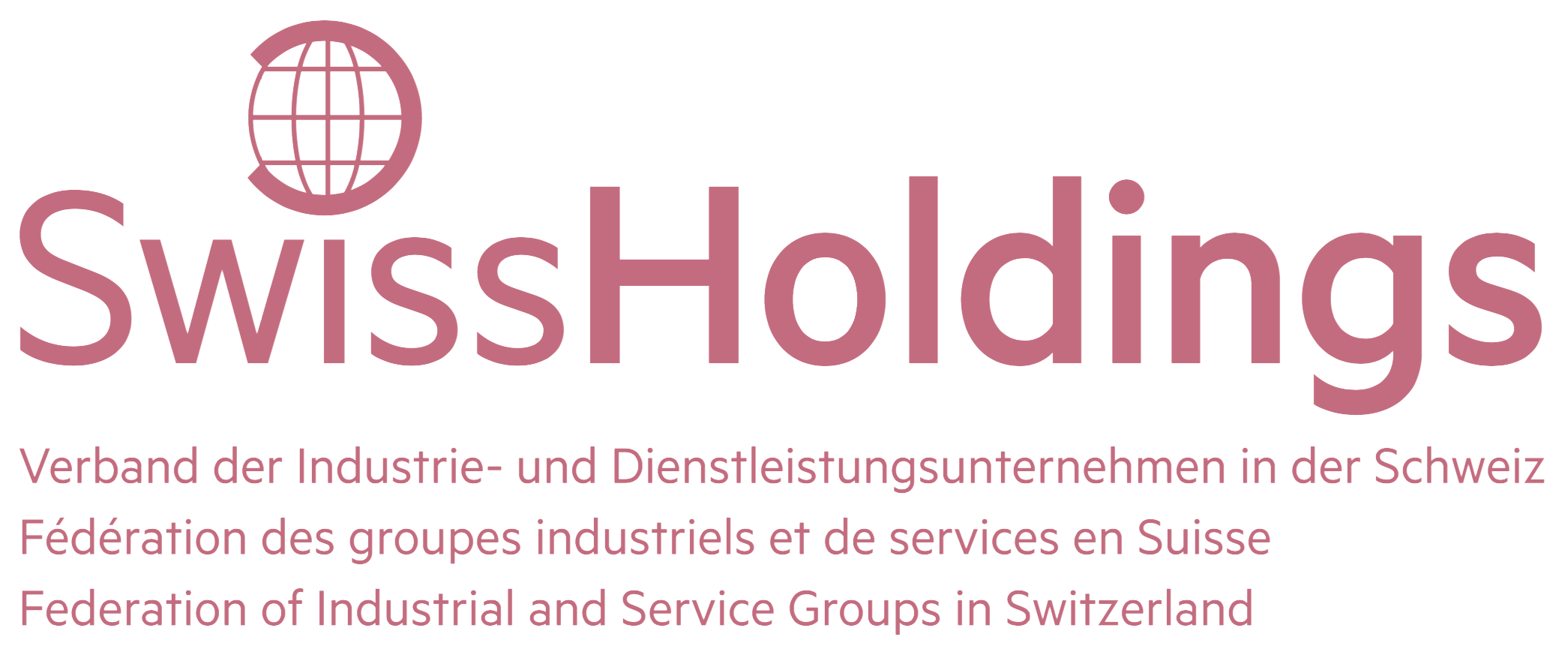Summary
The preliminary draft goes beyond the will of the people and the will of parliament. The Tobacco Products Act passed by Parliament on October 1, 2021, has in principle conclusively regulated all topics. The partial revision should therefore have referred exclusively to those topics that would have been necessary due to the acceptance of the popular initiative “Yes to the protection of children and adolescents from tobacco advertising” on February 13, 2022. However, the preliminary draft not only goes beyond the constitutional mandate, but also introduces an extraneous element with the obligation to report marketing expenditure, which was not the subject of the initiative and was already rejected in the parliamentary deliberations. This approach is questionable in terms of the rule of law. The preliminary draft would violate the constitutionally guaranteed economic freedom under Article 27 of the Federal Constitution. Against this background, the bill is rejected as a whole.
1. Total ban on advertising instead of proportionate measures
The preliminary draft provides for a total advertising ban on all tobacco products and electronic cigarettes for all communication channels and thus goes far beyond the demands of the initiative. Even the initiators of the popular initiative did not demand a total ban. However, digitalization and the progress of technology in general would nowadays make it possible to give preference to suitable age-testing measures. Advertising is already being targeted according to age group, whether in online or offline media. An advertising ban to protect minors would therefore be technically feasible without violating economic freedom with such an absolute advertising ban. Suitable alternative instruments and existing or new technological possibilities should first be examined in detail before such an incisive advertising ban is enacted.
2. Extraneous element
The obligation to report marketing expenses proposed by the Federal Council in Article 27a TabPG was not the subject of the popular initiative. Such a requirement therefore does not belong in the preliminary draft, which is the only means of implementing the initiative. Moreover, during the deliberations on the new Tobacco Products Act, Parliament has consistently rejected such a reporting requirement several times. The introduction is also irrelevant because it does not contribute to the protection of minors. The provision should therefore be deleted without replacement. There is no constitutional provision or legal basis that would justify such an information obligation.
3. Attractive framework conditions in Switzerland
Restricting economic freedom without examining alternatives represents a dangerous deterioration of the framework conditions in Switzerland. The implementation of the popular initiative should take place within the framework of an appropriate balancing of interests and under the guarantee of fundamental economic freedom. This should consider technological possibilities and, in principle, self-regulation whenever possible. Excessive regulatory intervention to the detriment of the economic framework conditions in Switzerland must be avoided at all costs. In addition, attention must also be paid to the undesirable spillover effect on other economic sectors and to the resulting flood of bans and general overregulation.
4. Questionnaire
In the context of this consultation response, we refrain from detailed amendments to the articles of the law and refer in connection with the aforementioned considerations to the corresponding motions and statements submitted by the association KS/CS Kommunikation Schweiz. The obligation to report marketing expenses proposed by the Federal Council in Article 27a TabPG should be deleted as an extraneous element.
Download statement [pdf]

